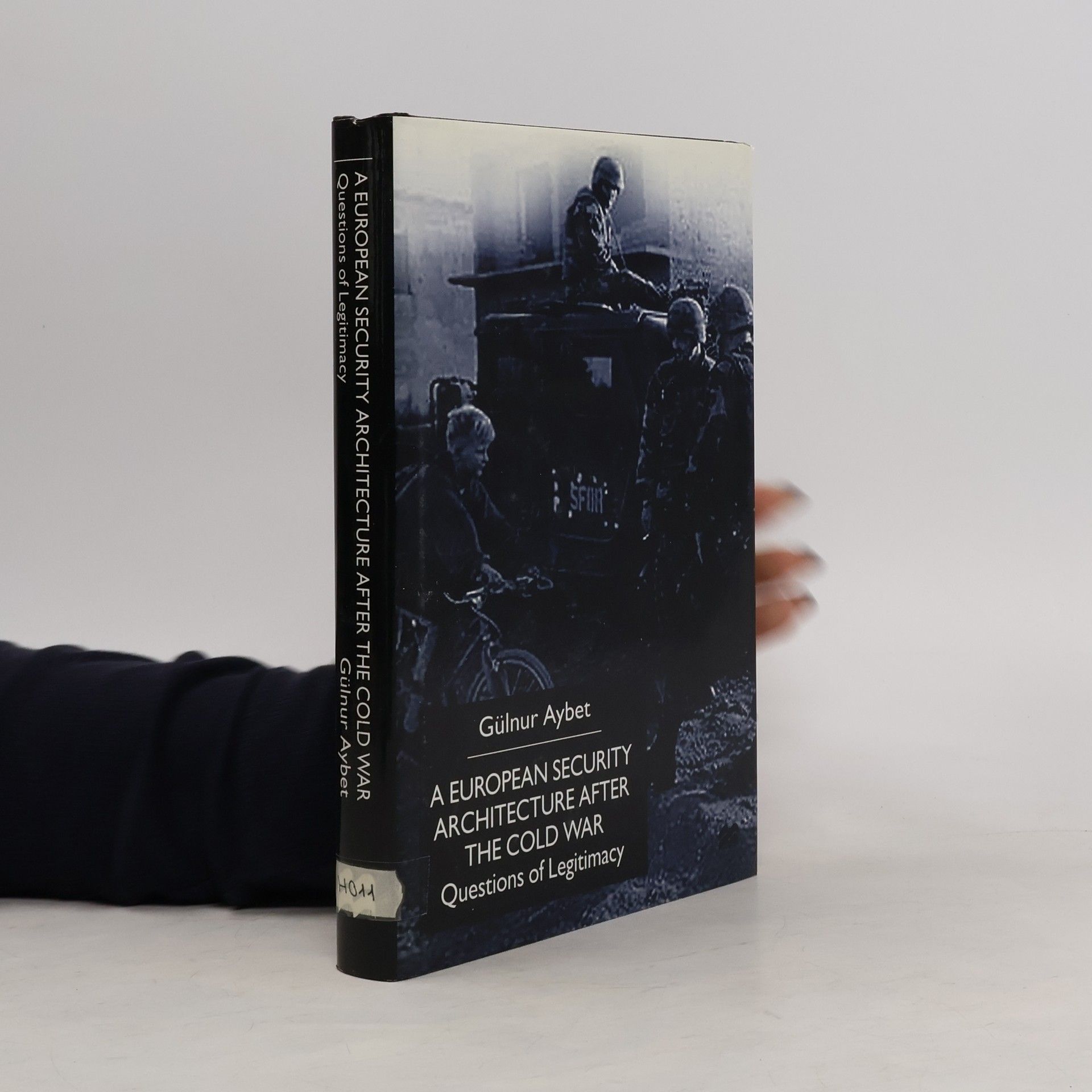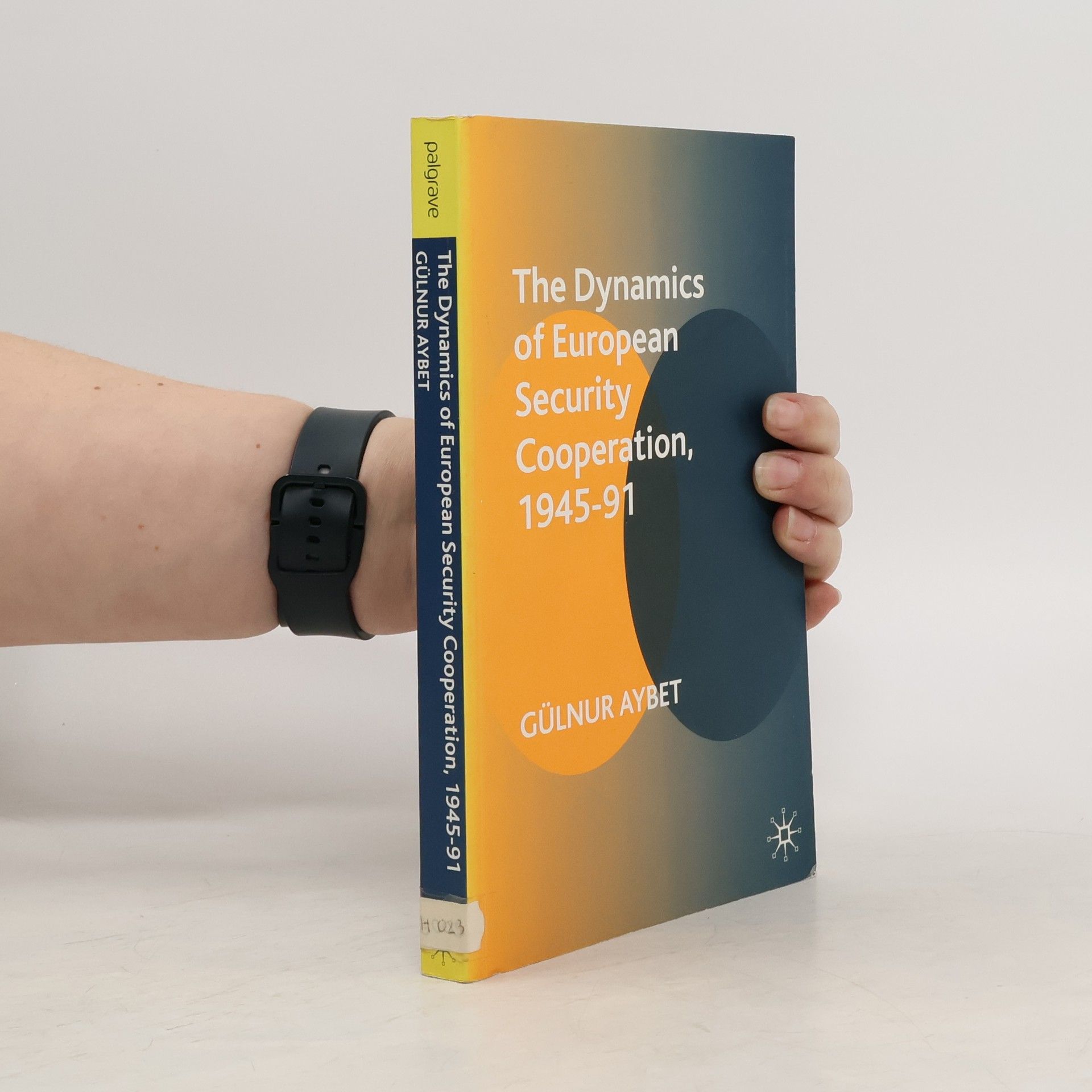The Dynamics of European Security Cooperation, 1945-91
- 248pages
- 9 heures de lecture
Security cooperation involves the creation and functioning of institutions as well as formal and informal consultations between the participating states, to harmonize national interests in the field of security. This study constitutes the first integrated analysis of all aspects of security cooperation in western Europe from 1945 to 1991. Its unique approach is that it covers all aspects of security cooperation, which range from the political -- seeking a 'European' voice in arms control; to strategic -- finding a 'European' input into NATO nuclear planning; and economic -- involving collaboration in defence technology and production. This yields a holistic picture of the dynamics of European security cooperation in each decade.A journey through these dynamics shows that western European security cooperation has taken a life of its own and evolved as a regime in its own right. It is upon this very regime that the foundations of the 'new European security architecture' are now being built. Only by looking at the development of this regime, can we understand the security requirements for Europe in the post-Cold War era.

